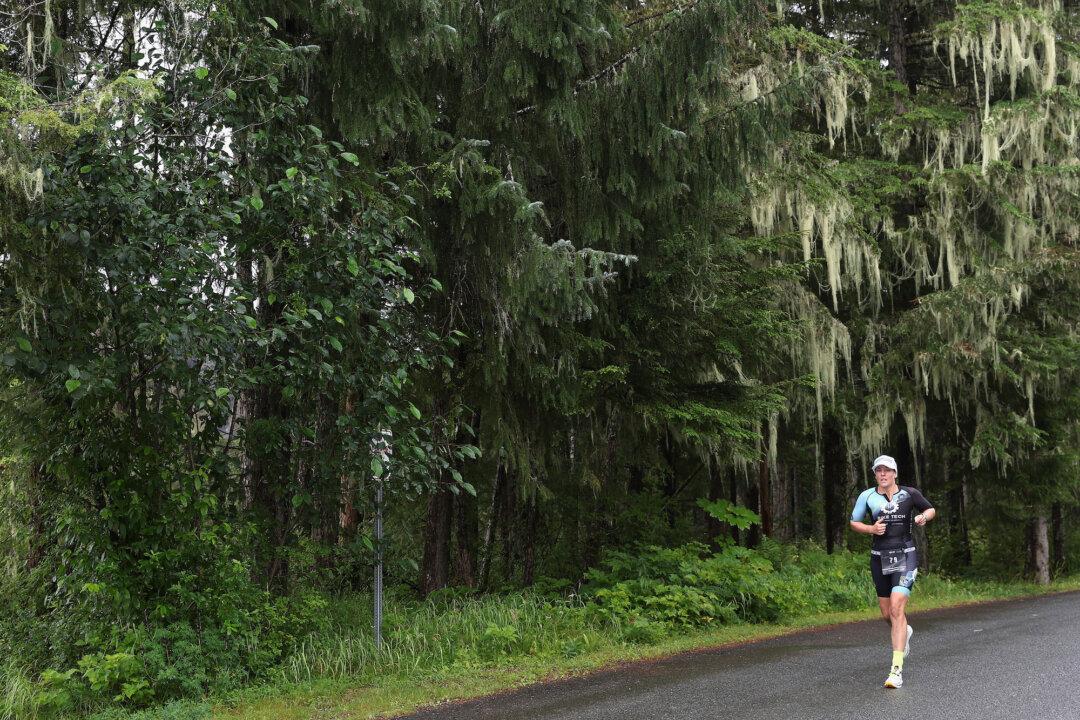The Biden administration has overturned a Trump-era rollback of logging and road-building restrictions in Alaska’s Tongass National Forest, reimposing curbs that tribal and environmental groups have reacted to with glee but Alaska’s governor and other local politicians have panned as a blow to the region’s economic development.
The U.S. Department of Agriculture (USDA) announced on Jan. 25 that it issued a final rule that repeals the 2020 Alaska Roadless Rule, reinstating economic activity restrictions over nearly 9.4 million acres of roadless areas of what is the largest forest in the United States.





